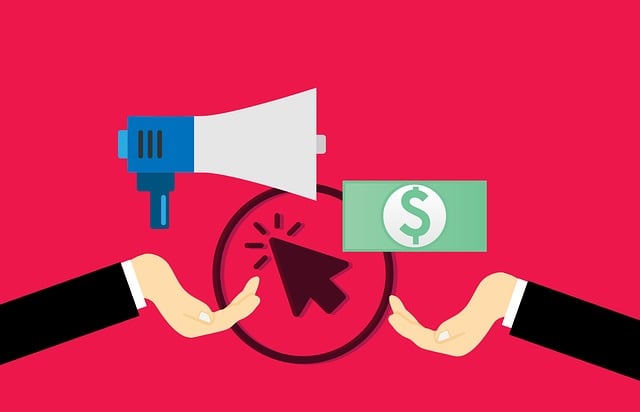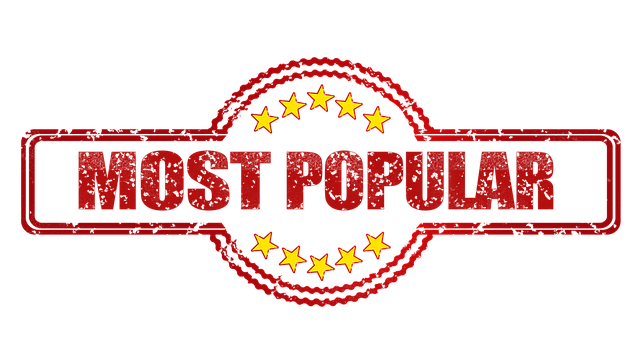SEO and PPC are not some chemical weapon formulae that businesses should fear. They revolve around raising site visibility in a search engine for more traffic.
SEM is a form of a marketing channel that helps boost website visibility through paid search. In most cases, you’ll find marketers referring to it as PPC or pay per click. PPC is an ad format where the advertiser pays for each ad click.
We have many forms of search engine marketing you can practice. But, the majority of marketers do devote their budget and time on paid and organic search.
Fasten your seatbelt because in this article we are going to dig more about both paths. In other words, you’ll learn SEO vs. PPC, which is better for you.
SEO VS. PPC
There are several pros and cons you need to know before considering SEO or PPC marketing. By all means, relying on lead generation data alone isn’t enough. The main issue is which one you should focus on over the other.
PPC PROS

When a visitor clicks your ads, you pay the search engine for that leads. For this reason, you benefit by:
Faster set up
If you set up your campaign today on Google, it will be live within one business day. But, this doesn’t mean you’ll start to see results trickling soon.
Increases your local business visibility
If you use PPC ads in local searches, there are high chances of acquiring more local leads. Here, a user will carry out a local search, and then the first search result they will see is your PPC. If your content is relevant, then more searchers will visit your site and bring traffic.
Ideal for targeting hard to reach keywords
In this case, you have a chance to capture new buyers by targeting broad keywords. For example, you can target keywords that are not there in the organic search. You can also target particular geographic locations where your business is providing services.
Geo-targeting
Geo-targeting is a powerful tool in PPC that can help you target within a specific area or country. It becomes helpful when your business goal is to meet customers within given limits. For example, if you have a brick and mortar, you can target people within your radius.
It also allows you to target areas within a country such as cities, provinces, or estate. Furthermore, you can target entire countries where your products have a presence.
You can scale A/B testing.
In general, A/B tests are easy when you do them with PPC. You only need to set up two ads and then analyze how each performs.
Connect searcher with your landing page
A landing page is where visitors turn to buyers and is where PPC will direct searchers. In this case, you would want them to visit the relevant landing page and fills forms.
PPC cons
Competition and cost
Pay per click is gaining much popularity but, in exchange, attracts in bidding wars. As a result, it becomes expensive to bid on specific phrases because the cost is high.
Not cost-effective for smaller companies
It becomes hard to compete if you have a small budget and a few products to sell.
Requires skills and time consuming
It requires some practice and configuration expertise to set up effective campaigns. Besides, if you have to train yourself or staff, then you have to sacrifice time. Again, you have to keep up to date with the best tools and practices.
SEO Pros
Higher click-through rate
The Click-through rate is favorable in organic search than in paid search. But, you’ve to be ranking well on the search results to see benefits.
CTR is the number of impressions and clicks they bring to your page. For example, a bad CTR is when you have thousands of impressions and zero clicks. SEO helps in optimizing CTR, which in returns brings more traffic and sales.
You don’t pay per click.
It’s a free listing that only requires you to invest time. SEO is an ongoing process that needs you to optimize pages more often to increase visibility.
Local traffic
You can optimize Google my business to bring you traffic in a particular area that you serve. As a result, you will develop long term touch with new customers.
Moreover, optimizing for local search helps local searchers finds your business location. In this case, you can build a long term relationship and answer their queries in person.
SEO promotes brand recognition

For you to rank at the top, your site must load fast, deliver valuable content, etc. These elements bring a good user experience; thus, people will love your brand.
Promotes your brand trust and credibility
Searchers trust Google, and if your brand is at the top, it increases your website trust. Also, they will buy your product and services because they see you as authentic.
SEO cons
SEO consume time
If you spend less than 10 hours per week, don’t expect to climb on top soon. In short, SEO takes more than four months to start seeing results.
Competition
Your competitors might be on a marathon SEO campaign, which can make them hard to chase.